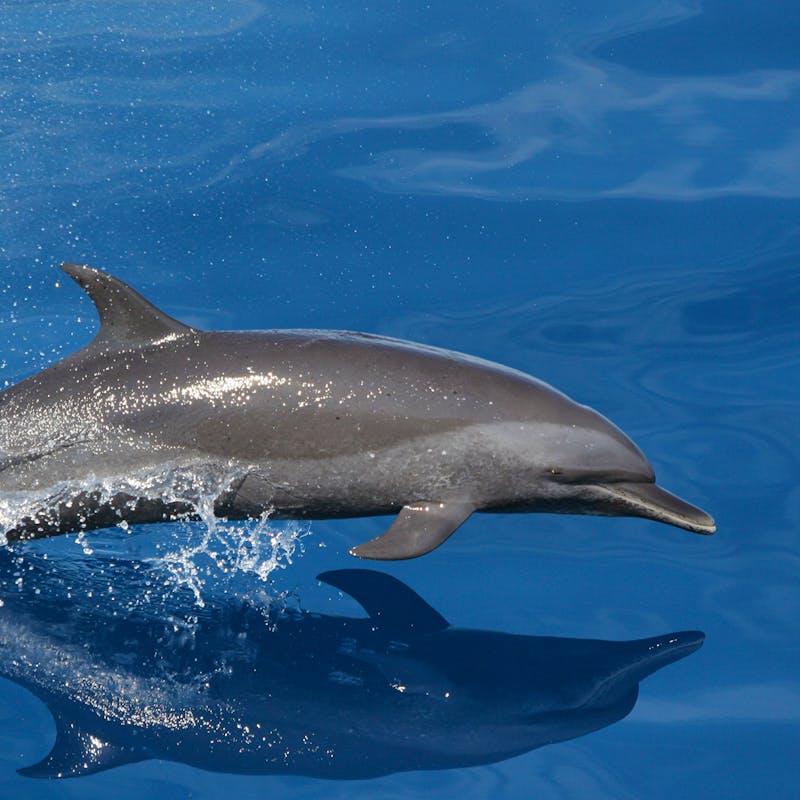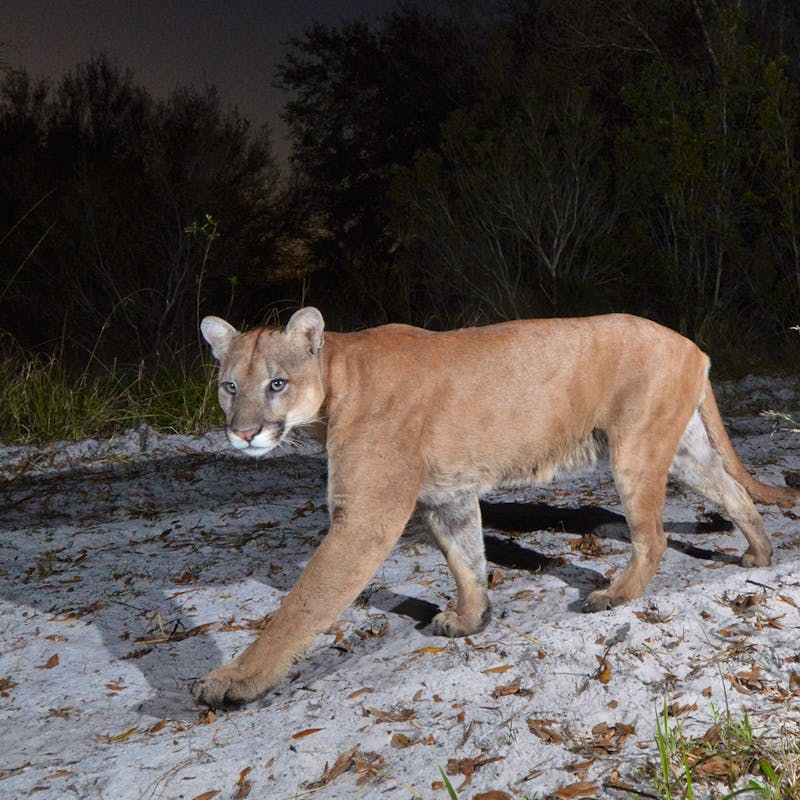Jereme Phillips has been with the US Fish and Wildlife Service for 11 years. He is the Refuge Manager at Bon Secour National Wildlife Refuge, Gulf Shores, Alabama.
Defenders: Jereme, what is your role in addressing the disaster in the Gulf?
Jereme: My primary role is to protect refuge wildlife and habitats from the oil spill. My staff and I also coordinate closely with the unified command to ensure that the response to the oil spill (surveys, cleanup, boom deployment) is directed to help protect the most sensitive refuge resources and so that any negative impacts are avoided. For example, we mark sea turtle and migratory bird nesting areas so that crews who need to use all-terrain vehicles can do so without affecting nests.
Defenders: What is your typical day like?
Jereme: I spend much of my time coordinating with Fish and Wildlife Service employees, contractors, and other personnel involved with the response to ensure that they have the most up-to-date information about sea turtle nests, shorebird nests, boom deployment, and other data so that we can work together effectively to protect the refuge. I am also frequently on the beach along with my staff developing new projects, such as constructed berms and dunes, to prevent oil from impacting some of our most sensitive endangered species habitats. Our staff also coordinates the rescue of all sea turtles in the state and since nesting season is now well underway we are especially keeping a close eye on our nests so that we can act quickly to reduce the impacts of any oil that may come onshore.
Defenders: What impacts are you seeing on the ground?
Jereme: So far, we have had tar balls wash up on refuge beaches periodically for the last few weeks and some mattes of oil washed up last week. Cleanup crews have been working to safely remove the oil from the refuge.
Defenders: What do you see is the greatest challenge in address the impacts of the spill?
Jereme: Since I’ve been refuge manager, we have been impacted by two major Hurricanes, Ivan and Katrina. The storms caused substantial damage to refuge habitats but the very next day we could begin the long process of recovery. With the oil spill, there are many more unknowns. We do not know how long we will have to respond to the oil spill on the refuge but we are prepared to take action for as long as necessary to protect wildlife and habitats.
Defenders: How many sea turtle nests do you have on Bon Secour?
Jereme: We have 6 nests on the 13 miles that we patrol of the Fort Morgan Peninsula (which includes both refuge and private lands). These include 5 loggerhead and 1 Kemp’s ridley nest. The Service has a draft plan for hatchlings, however, it is in review and not yet available although we expect it to be soon.
Defenders: Have you seen any signs of hope?
Jereme: Yes! The support from our community, our partners, and our colleagues gives me hope that we can make it through this crisis and Bon Secour National Wildlife Refuge will still be around for future generations to enjoy.






